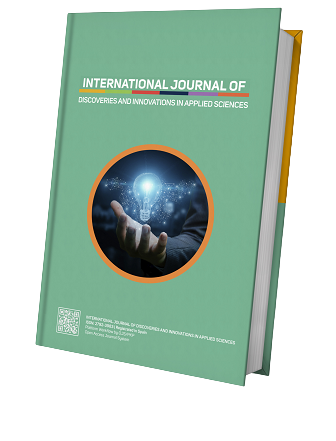Factors Associated with Exclusive Breastfeeding Cessation among Post-Partum Mothers in Ibadan South-East Local Government Area, Ibadan, Oyo State
Keywords:
Exclusive breastfeeding, Cessation, EBF, risk factors, post-partum mothersAbstract
The study aimed to determine factors associated with exclusive breastfeeding cessation among post-partum mothers in Ibadan South East Local Government Area, Ibadan, Oyo state. The study was cross-sectional in Ibadan South-East Local Government Area, Ibadan, Oyo State. A multi-stage sampling procedure was used to select 386 post-partum mothers from the study site. Sample size of 386 was used for the study. Data was collected using interviewer-administered questionnaire. Data collected was entered, clean, edited, and analyzed with SPSS version 21.The study revealed that the majority of the respondents know EBF. Cessation of EBF was associated with younger age, number of children, number of ANC attendance, swollen breast, and the feeling that baby was not getting enough weight. Conclusion and Recommendations: EBF was associated with problems/difficulties in the BF technique. It is recommended that health care professionals like doctors, nurses, and midwives should train mothers during and after pregnancy regarding BF technique or pumping breast milk in case of BF difficulties, improve mothers’ confidence about the ability to breastfeed, and enhance mothers’ knowledge on the normal process of lactation. Secondly, it is the role of policymakers to ensure the implementation of Baby-Friendly Hospital Initiative (BFHI) guidelines in hospitals to meet the WHO’s global target of infants being exclusively breastfed until six months of age.





